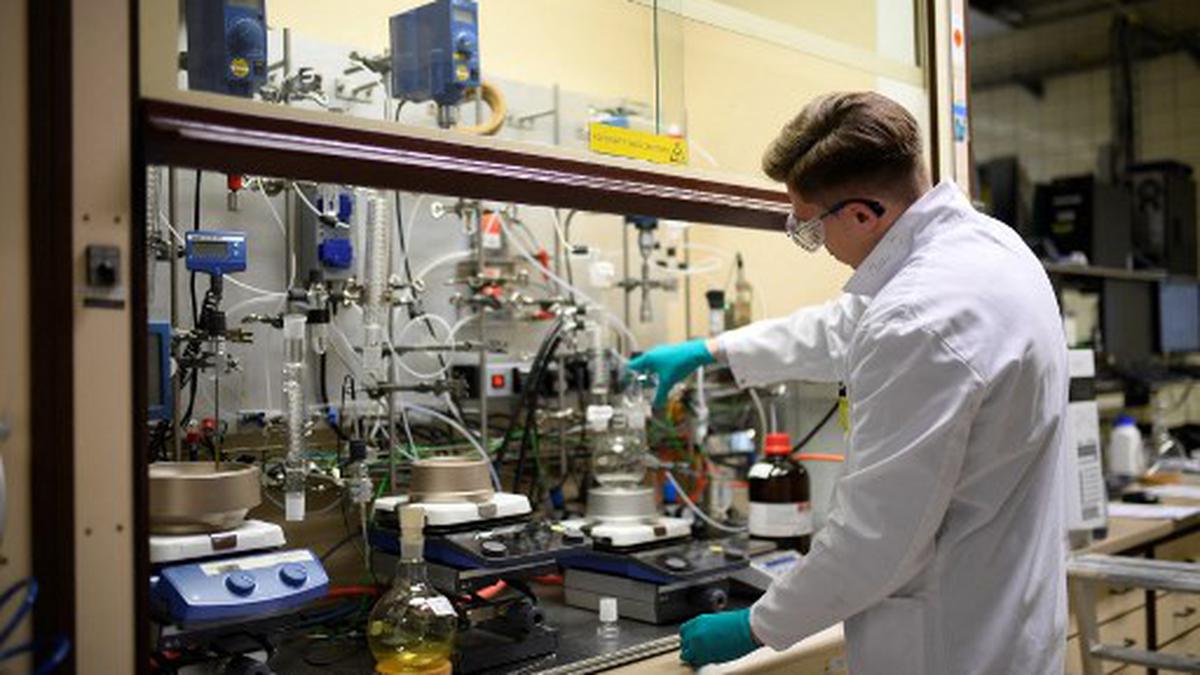
In climate push, German chemical maker swaps oil for sugar
The Hindu
Covestro in Leverkusen, Germany trials making aniline from sugar to reduce carbon emissions in chemical industry.
At one of Europe's largest chemical complexes, German group Covestro is trialling the manufacture of a key product using sugar as a base material instead of oil, as the industry seeks to reduce its carbon footprint.
The pilot project involves producing "aniline", a chemical used in making foams — used widely in mattresses and armchairs, as well as building insulation.
While large-scale, commercial production is probably years away, the experiment marks a small step in the chemical industry's battle to slash carbon emissions as Earth faces a dire climate emergency.
Of the 100 million barrels of oil produced worldwide every day, "a quarter goes directly into the chemical industry," said Walter Leitner, from Aachen University, which has been involved in the aniline project for a decade.
"The chemical industry needs to be completely rebuilt."
Plastics manufacturer Covestro — a former division of chemical giant Bayer — started trials at its complex in the western city of Leverkusen at the end of 2023, after laboratory tests.
In a 100-square-metre (1,080-square-foot) room, aniline, a transparent fluid, is extracted from a 600-metre network of intertwined pipes.











